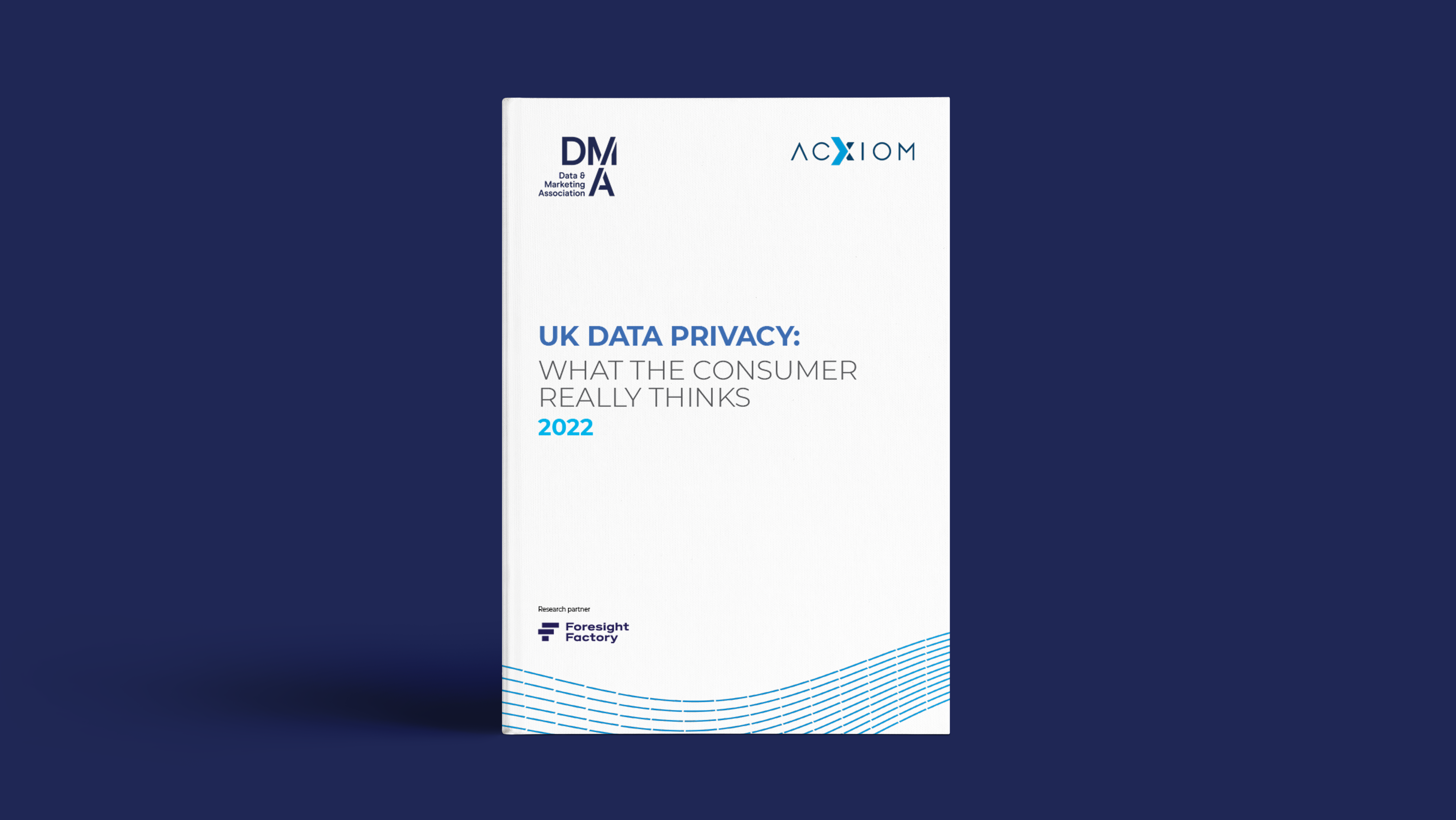What the new defamation laws mean for business
28 Jan 2014

The Defamation Act 2013, which came into force on 1 January 2014, will have an impact on how businesses respond to damaging statements. Under the new legislation, those subject to online comments will be able to deal directly with the person responsible for the posting. This will assist website operators that host user-generated content, provided they follow the new process.
New 'serious harm' threshold
The biggest effect will be to allow fair criticism of companies, people and products without the threat of legal action. Under the previous law, many large companies or those with unlimited resources, would attempt to bully critics into silence with the threat of expensive and lengthy court proceedings. Corporate claimants will now be required to show that they have or are likely to suffer serious financial loss.
The Act provides a number of other measures:
- Protection for peer-reviewed materials in scientific and academic publications
- Protection when publishing is in the public interest – the publisher must reasonably believe the publication is in the public interest
- Introduction of a single publication rule which should stop repeated claims against a publisher
- Better protection for secondary publishers. If action is reasonably practicable against the primary publisher then this needs to be pursued
- Tighter test for claims to be brought in the courts of England and Wales to stop so called libel tourism when cases are brought where there is little connection to the jurisdiction
The Justice Minister Shailesh Vara commented: “As a result of these new laws, anyone expressing views and engaging in public debate can do so in the knowledge that the law offers them stronger protection against unjust and unfair threats of legal action. These laws coming into force represent the end of a long and hard fought battle to ensure a fair balance is struck between the right to freedom of expression and people’s ability to protect their reputation.”
We may have to wait some time to see the effect of the new laws. If it has its desired result, we should see more open debate and comment about people, companies and products as people realise they can pass negative opinions as long as they are honest and fair.
Janine Paterson, Solicitor, DMA
1.png)
.png)
2.png)

Please login to comment.
Comments